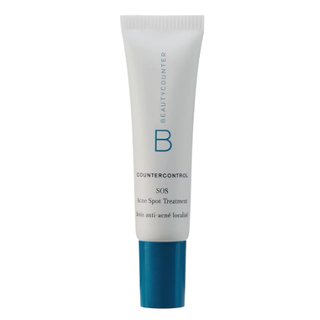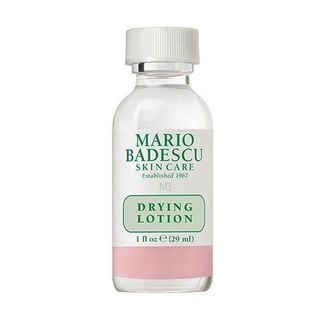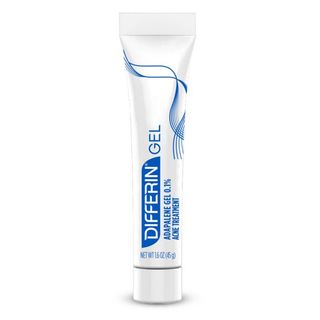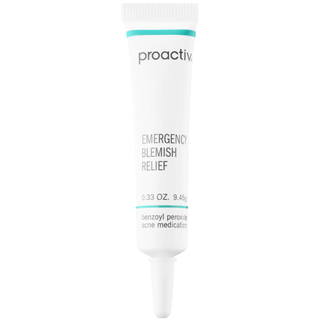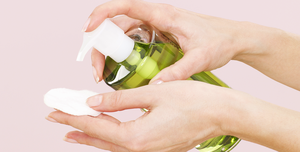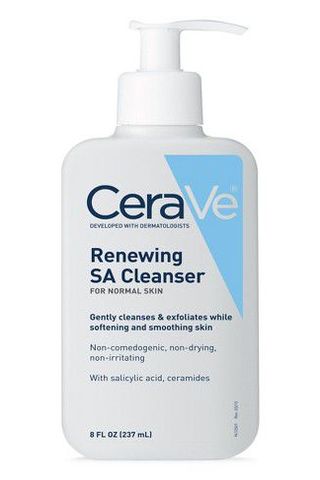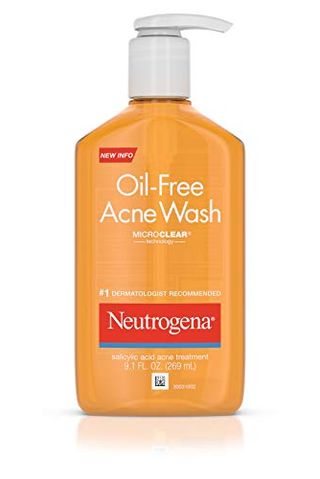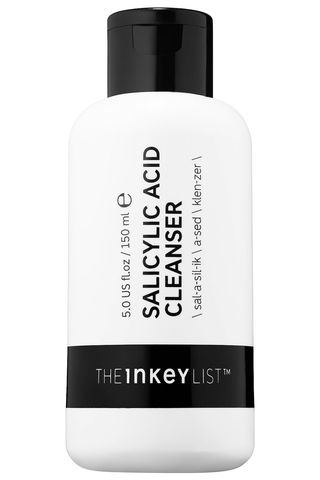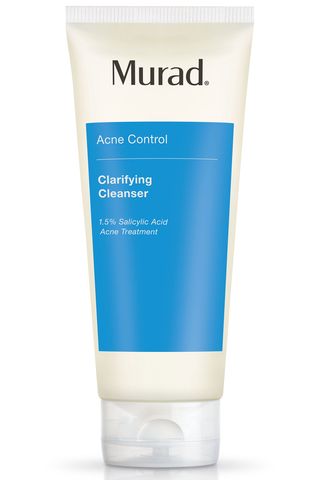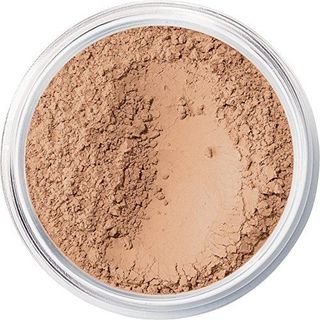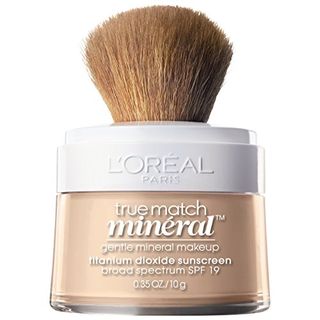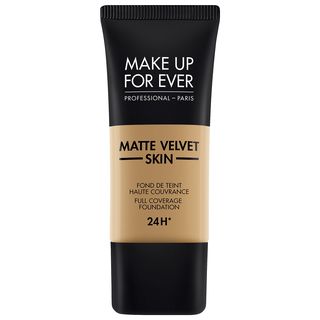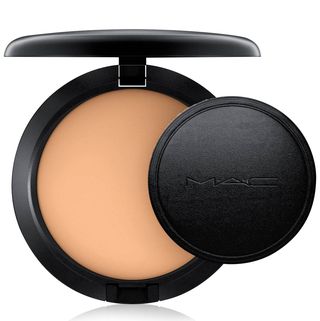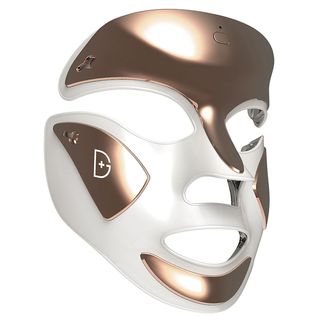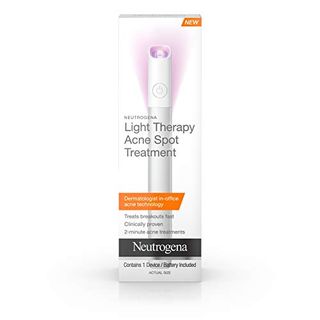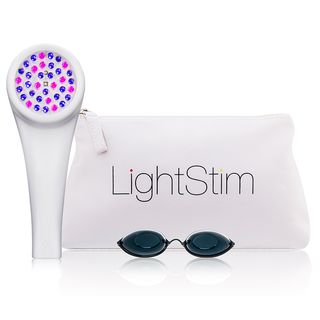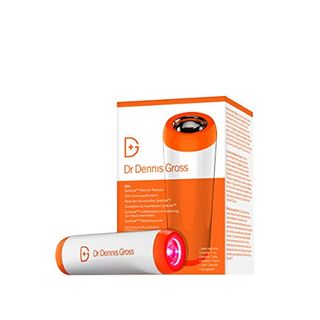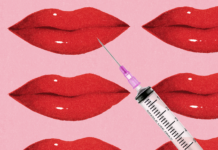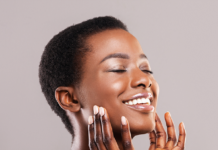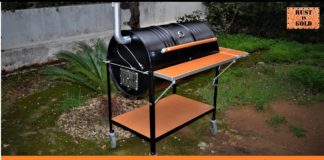Getting a big, red pimple on your face happens to everyone, but that doesn’t mean you have to accept defeat and wait patiently until the blemish goes away. There are many ways to treat adult acne, but first it’s important to understand the basics on how and why acne occurs in the first place.
“We have sebaceous glands in the skin that normally provide moisture and lubrication, but the combination of stress and hormones can form clogs,” explains Marina Peredo, M.D., a dermatologist in New York City. “The bacteria causes inflammation in the skin, which is why blemishes and acne form.” And just like that, your skin flares up.
So, how do you free yourself of pesky inflammation and acne? Here’s how dermatologists recommend getting rid of those pimples quickly — and how to avoid making them worse. (If you need acne scar treatments to fix the aftermath of a troubling zit, there are many solutions to cure those as well.)
1. Keep your hands off your face!
All dermatologists agree that you should never, pick at your pimple. We repeat: Do not pick at your pimple. “It may seem tempting, but remember that once you’ve picked at an acne lesion, it will take longer to heal is more likely to scar,” warns Doris Day, M.D., a dermatologist in NYC and author of .
And other derms agree, especially when trying to get rid of a pimple overnight. “Whatever you do, don’t pick your pimple before bed,” says Joshua Zeichner, M.D., Director of Cosmetic & Clinical Research in Dermatology at Mount Sinai Hospital in NYC. “When you are tired you will inevitably cause more harm than good.” Trust us on this one.
2. Tread carefully when it comes to home “remedies.”
While toothpaste, lemon juice, and even Windex have been cited as excellent at-home remedies for blemishes, dermatologists advise against them. Skip these “DIY fixes:”
“Toothpaste traditionally contained an ingredient called triclosan, which has antimicrobial properties, and the thought was that it helped lower levels of acne-causing bacteria to reduce inflammation and treat the pimple,” Dr. Zeichner explains. “Because triclosan is a known cause of skin allergies, it has been removed from most toothpastes, so they are no longer useful in treating acne.”“Lemon juice is also irritating and wouldn’t have any effect on the pimple itself,” Dr. Day adds. Windex — well, it’s glass cleaner. Don’t put glass cleaner on your face.
One way to remove pimples naturally is by applying tea tree oil, which “may help by reducing inflammation and lowering levels of acne-causing bacteria,” Dr. Zeichner says. But he warns against applying it undiluted to the skin, because it may cause irritation.
3. Apply a warm compress.
Heat is a super simple way to soothe your skin if you feel a blemish coming on, says Margarita Lolis, M.D., board-certified dermatologist at Schweiger Dermatology Group in Hackensack, NJ. “Use a warm compress or steam to bring everything to the surface,” she explains. Alternately, you can use a cold compress to bring down the swelling of a particularly large, painful blemish.
4. Use an acne spot treatment.
On top of washing off your makeup at night, using the right moisturizer for your skin type, and keeping your fingers away from your face, you can use a spot treatment to get rid of stubborn pimples once they surface. Ingredients to look out for:
Benzoyl peroxide to kill acne-causing bacteria.Salicylic acid to help exfoliate and unclog pores.Retinoids to help boost cell turnover, prompting cells to shed and preventing them from clogging.
While there is no way to get rid of a pimple in as fast as five minutes (aside from hiding it under makeup!), Dr. Zeichner recommends immediately treating it with either benzoyl peroxide or over the counter 1% hydrocortisone cream to reduce inflammation. “The pimple may show some signs of improvement in an hour,” he said.
5. Wash your face regularly.
“Your oil glands are active all day,” Dr. Zeichner explains; when that oil combines with dirt, makeup, and pollution, it can be a recipe for clogged pores and blemishes.
That goes double for workouts: “Sweat mixed with dirt and oil can become trapped under wet workout clothing,” he says, potentially worsening a breakout. “If you can’t take a full shower,” Dr. Zeichner says, “at least use a cleansing towelette,” like Good Housekeeping Beauty Breakthrough Award winner and Seal holder Olay Daily Facials.
6. Try a product with salicylic acid.
If your breakouts are frequent and you’re tired of battling them, you may want to consider switching up your skincare routine. “Pick a cleanser that has salicylic acid in it, which you can get over the counter,” Dr. Peredo recommends. “Those with acne-prone skin may need an astringent to degrease the skin, too — I like salicylic or glycolic acid, because they can help with the scarring that could occur, as well.” Try La Roche-Posay Effaclar Medicated Gel Cleanser for Acne Prone Skin, made with 2% salicylic acid along with lipo hydroxy acid, which also exfoliates and helps reduce oil production.
“Salicylic acid is also very potent when it comes to getting rid of blackheads — it helps by removing dead cells and excess oil from the surface of the skin,” Dr. Zeichner says. Another way to bust blackheads is using a vitamin A derivative, like adapalene, which is the main ingredient in dermatologist-favorite Differin Gel. “Think of it like a pipe cleaner for your pores, to keep them clear so oil does not get trapped,” he explains.
7. Go light on your makeup.
Beauty products are one of the most common causes of adult acne, and unfortunately, using heavy duty makeup to hide your blemishes won’t make them physically disappear.
“Use mineral makeup on your skin rather than oil-based products that can contribute to breakouts,” recommends Dr. Peredo, adding that oil-based foundation and concealer can block pores. Better yet, go totally makeup-free for a few days — it could be just the break your skin needs to clear up quick.
8. Tweak your diet.
While it’s advised to be wary of at-home treatments, there are ways to get rid of pimples without products. “Since acne is caused by a combination of genetics and your environment, factors such as hormonal fluctuations, stress, and diet can cause breakouts,” Dr. Zeichner says. Stick to a low sugar diet and avoid cow’s milk and whey protein, as they can be known to exacerbate acne, and try to “minimize stress however you can, such as practices like meditation or yoga,” he advises.
9. Medicate if necessary.
For those who suffer from cystic acne, a combination of topical products, in-office treatments (like lasers), and medication are often times the way to go. A dermatologist can work with you to find medications that will help treatment in the long-run.
“Nodular acne often requires treatment with systemic medications such as oral antibiotics and hormonal medications (oral contraceptives, spironolactone),” says Valerie Harvey, M.D., a dermatologist in Newport News, Virginia. “Isotretinoin, a derivative of vitamin A, is also very effective.”
10. Use light therapy to zap acne.
Instead of going to your dermatologist for red and blue light therapy (which can cost upwards of $100), use an at-home device over a blemish, or over your whole face, for just two minutes. The red light reduces acne inflammation, while the blue light targets acne-causing bacteria. Additionally, the light stimulates the dermal layers of the skin to produce collagen. In turn, acne scars fill out and the skin looks more even-toned.
11. In a pinch, get a cortisone shot.
Have a really big event coming up? Then you probably don’t have time to wait and see if your blemish will disappear on its own. Consider seeing a dermatologist for a true overnight cure. “A cortisone shot is an anti-inflammatory, so it treats the pimple itself,” Dr. Peredo explains.
“If it’s a big, painful pimple, the cortisone diffuses the inflammation and flattens it out, hopefully without leaving a scar,” she says. Of course, this isn’t an easy, at-home DIY fix. It should only be administered by a physician, usually a dermatologist, and it is often covered by insurance if you have acne.























